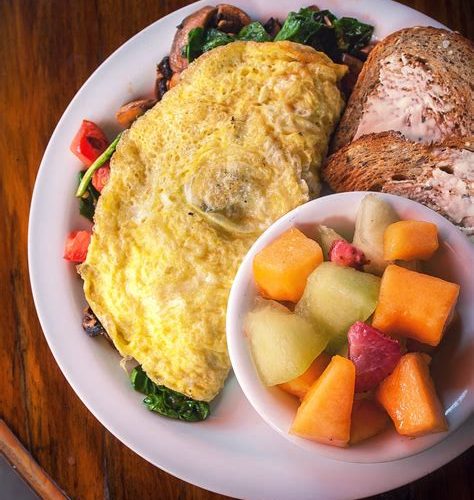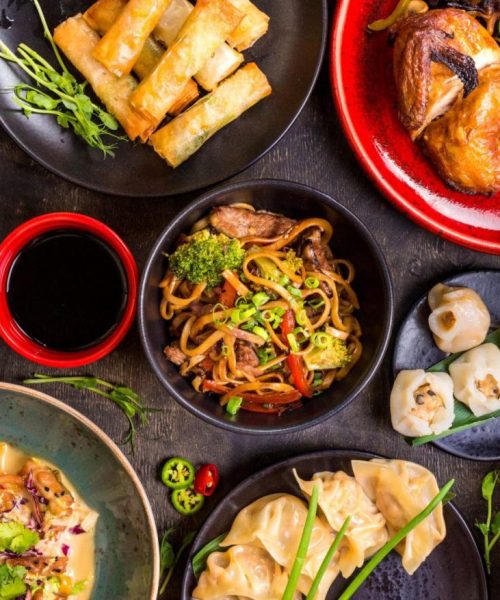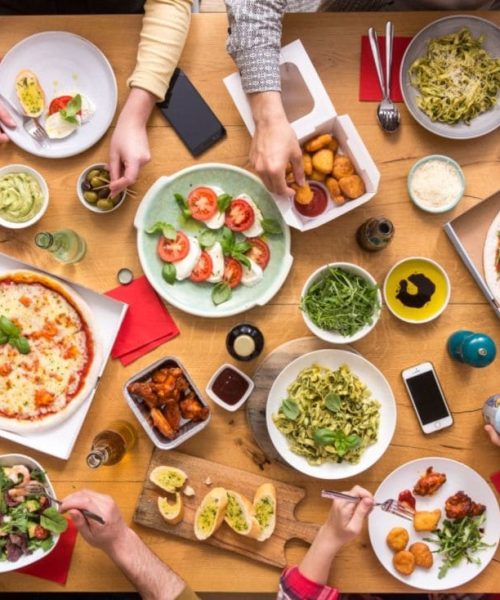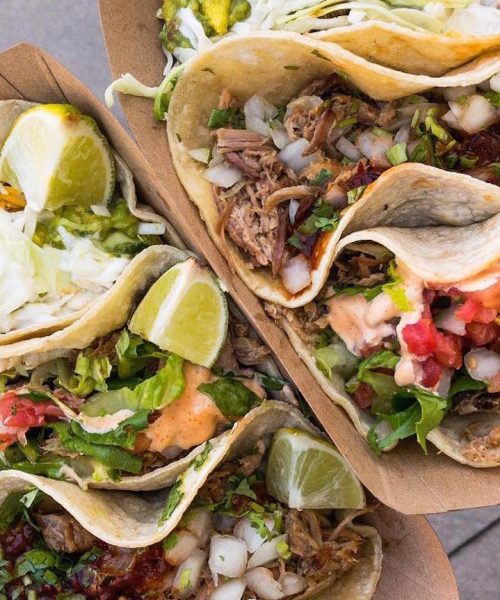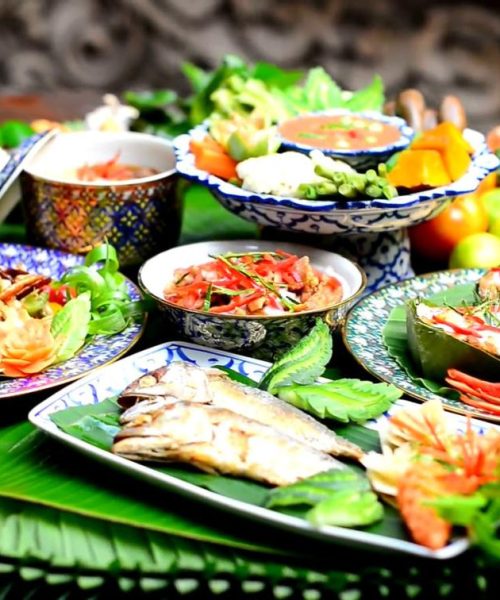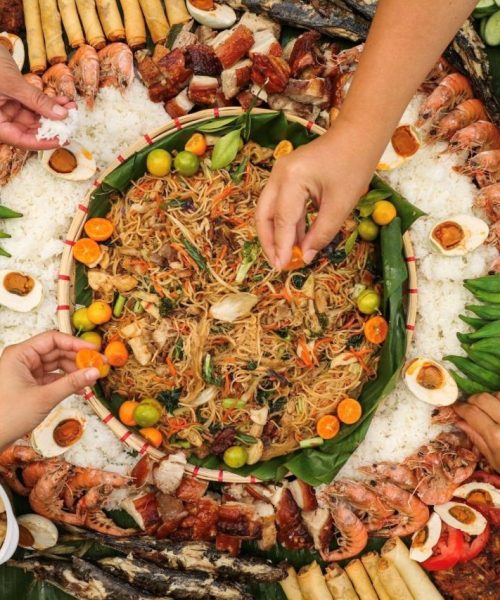
Food, the cornerstone of human sustenance, extends far beyond mere sustenance. It is a kaleidoscope of cultures, traditions, and flavors that weaves together the rich tapestry of our world. This article embarks on a culinary journey, celebrating the profound cultural significance of food.
Culinary Diversity: Food is a cultural ambassador that transcends borders. Each cuisine carries the legacy of its people’s history, heritage, and values. From the aromatic spices of Thailand to the hearty stews of Ireland, every dish invites us to explore the world through our taste buds.
The Art of Culinary Craftsmanship: Cooking is a culinary art form, where skilled chefs and passionate home cooks alike transform ingredients into sensory masterpieces. The aesthetics, tastes, and textures are meticulously composed, turning every meal into a gastronomic work of art.
Food as a Cultural Bond: Food is a social glue that binds communities and fosters connections. It serves as the centerpiece for family gatherings, festivals, and celebrations worldwide. Shared meals are an essential part of building and strengthening relationships.
Balancing Nutrition and Pleasure: Food is not only a source of pleasure but also a foundation of health and wellness. The choices we make regarding our diets profoundly impact our physical and mental well-being. Striking a balance between indulgence and nutrition is key to a healthy lifestyle.
The Fusion of Culinary Worlds: In today’s globalized society, culinary boundaries are dissolving. Chefs experiment with fusion cuisine, blending diverse culinary traditions to create innovative dishes. This culinary fusion opens doors to new tastes and experiences.
Sustainable Gastronomy: While savoring the world’s culinary delights, we must also address food sustainability. Responsible practices in food production, such as organic farming and reducing food waste, are crucial to preserving our environment and resources.
The Future of Food Culture: The future of food holds exciting possibilities and challenges. Advances in food technology, like plant-based alternatives and sustainable farming practices, offer solutions to global food security and ecological concerns. Food culture will continue to evolve, driven by our changing values and global interconnectedness.
In conclusion, food is a universal language that transcends cultural boundaries. It is a testament to our cultural diversity, an expression of artistic craftsmanship, and a source of nourishment for both body and soul. As we embrace the culinary riches of our world, let us also be stewards of sustainable and responsible food practices, ensuring that future generations can continue to savor the cultural significance of food.

